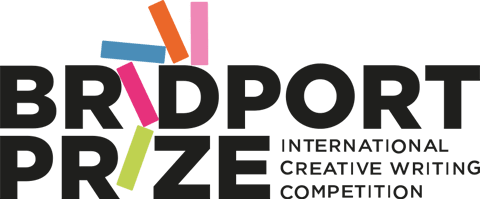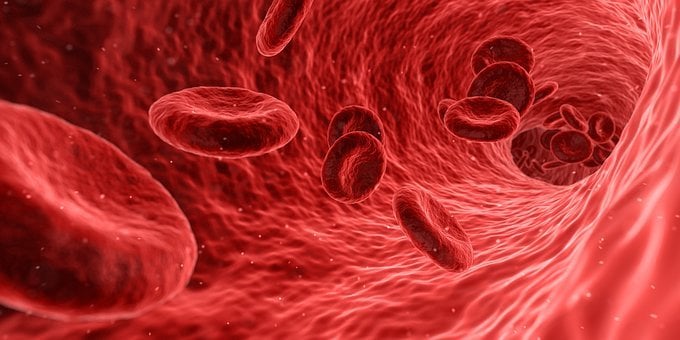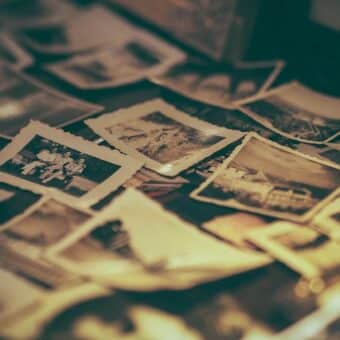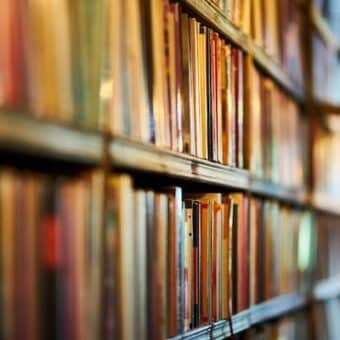Poetry is an elusive beast
At the best of times, poetry is an elusive beast. Like water, it comes in many forms and dispositions. It can be hard, mighty, tremulous and tremendous, or short, waif-like, akin to a splash, prone to vapour and vanishing.
It often takes the form of that which contains it but sometimes it takes no form at all – the elusive beast just is – spoken, hanging in the air, or loose, gaseous and scattered across a page. To fight the elusive beast – to read poetry – is to engage in a battle where victory has no clear representation. It is to rugby tackle space and only be certain of contact when a breath is on the back of your neck. Any victory or loss is subjective and may be realised in the moment, years later, or never at all. The beast will never know you engaged it in battle, and the beast will never care. These are some of the rewards and frustrations, joys and regrets of engaging with the most practiced art-form on earth.
It can be helpful then – for moments when the beast is clearly visible and you are gauging its girth – to know what to look out for, how to begin to understand what it is you are witnessing, the signs that can help you grasp the ungraspable. It can be helpful to keep in mind the anatomy of a poem.
A friend and poetry tutor shared this with me when I was a younger writer, as it was shared with them in their youth, given by a tutor to whom it was given in youth, ad Infinitum.
1. The Heart
This is the topic, the subject the poem engages, the broad thing it is trying to say. Often poets begin writing unsure of this, they are driven by creative impulses, by the whiff of something, piloted by instincts, but after refinement, the topic should appear.
2. The Skeleton
This is the form, the very structure of the poem, its scaffolding, how it sits on the page, how its verses or stanzas – or lack of verses or stanzas – all contribute to clarity, meaning and the intent of the poem.
3. The Breath
This is the music of the poem, the sound of it, its vocabulary, how air moves through it. Are there clashing consonants? Do these sound like machinery? Are there long, lofty vowels, do they sound like a wailing, a mourning? The breath should evoke the moods and emotions of the poem, showing us how its heart beats.
4. The Flesh
This is the largest organ in the body, the soft substance consisting of muscle and fat found between the skin and bones. It includes the images, metaphors and similes that are graphed onto the skeleton. They tell us so much about the world of the poem. The contain conceits and pleasures, bile and beauty.
5. The Spirit
This is the last part of the anatomy, arguably the most important, the transformation, the intangible thing that is hard to pin, that makes a poem a poem, that is close to alchemy or magic, when a poem reaches beyond the sum of its parts, when 2 + 2 somehow equates 5. The sprit is where the poem leaps over language, into song, into dream.
Sometimes the anatomy is obvious, sometimes it is hidden. Sometimes it so slight, is it barely there. Sometimes it is implied – for what isn’t declared can tell so much about the world of the poem, like a heart shaped hole tells us there once was a heart. Sometimes we know the anatomy before reading the poem – as in the use of forms like a Sonnet, a Villanelle, a Ghazal etc. In all cases, a good poem is intrinsically linked to it anatomy, and I will be looking out for such seamless bindings in judging 2022’s Bridport Poetry Prize.
Quick questions for Inua
You work across multi media, how do they help inspire your poetry?
I’ll give a very brief answer to this. In the same way we appreciate a glass of water in the morning after a night pub-crawling, each media refreshes and cleanses the mind and body, readying it for the days and projects to come.
Does giving the devices you write on names like Maud, Mabel and Meredith help to personify them so they’re part of your creative process, rather than simply a vehicle for your work?
Naming the devices means I have a more personal relationship with them, and should they fail, should they begin to stutter or break down, anger or frustration tend not to be my reaction. I slow down, I consider, I step back, I breathe. Naming them began as a joke, but all my devices tend to live into old age…clearly, something of the consideration this approach dictates, is working.
You once said ‘But everything is an offshoot of poetry.’ Is this where you feel most creatively at home?
Yes. Poetry is the beginning of all creativity… any attempt to recreate the world, to capture its essence and share… an idea, a memory, an image, a story – as our earliest ancestors must have tried – is where creativity begins, is where poetry beings. Poetry is where I access my oldest self and purest creative impulse.
Tips for poetry writers struggling to believe in themselves?
Nothing is new under the sun. Don’t spend ages struggling, trying to be “original” – whatever the hell that means. Instead, read / watch / listen to something else, steal from it, ask of it ‘If I had made this, what would differ?’ Make that answer. Adapt it your spirit, make it your own, then share it. Remember to credit your influences – your audiences will love you for it. I wrote #Afterhours – a book of poetry where this was the single premise, rewriting poems originated by other poets.
How can we help give under represented writers a louder voice?
By 1/ Getting out of their way, 2/ Allowing them to be themselves, 3/ Trying to understand what makes them tick – in order to give constructive and useful feedback – 4/ Talking about them in interviews and other spaces and 5/ Throwing money at them to develop their craft and afford to pay for bigger spaces to inhabit.
Inua Ellams is our 2022 Poetry judge.
